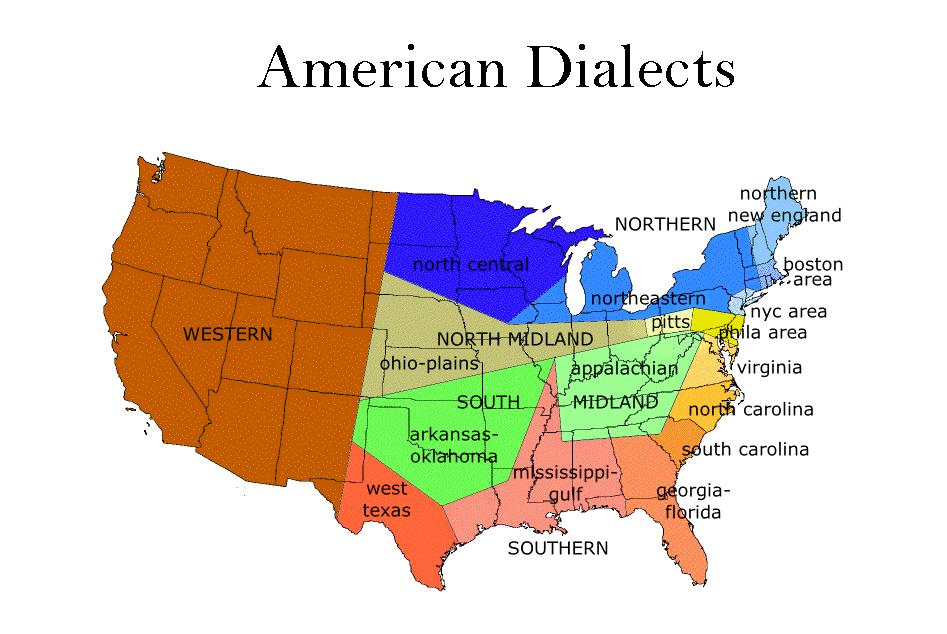Languages are rich tapestries woven with various threads of dialects that reflect cultural nuances, regional identities, and historical contexts. In a world where communication is key, interpreters play a crucial role in bridging the gaps between these dialects, ensuring that meaning is preserved across different variations of a language. The ability to understand the most common dialects in a given language is not just a skill; it is an art that requires sensitivity, knowledge, and adaptability.
Whether one is navigating a business meeting, participating in a diplomatic dialogue, or simply engaging in everyday conversations, the presence of an interpreter can make all the difference. They not only translate words but also convey the subtleties that come with dialectal differences. This article will delve into the fascinating world of dialects, the essential skills interpreters need to possess, and how they can effectively facilitate communication in diverse linguistic landscapes.
As we explore the intricacies of dialects and the pivotal role of interpreters, we will also examine some of the challenges they face. By understanding the most common dialects in a given language, an interpreter can enhance their effectiveness and provide a valuable service to individuals and organizations alike.
What Are Dialects and Why Do They Matter?
Dialects are variations of a language that are characterized by distinct vocabulary, grammar, and pronunciation. They can vary significantly even within the same language, reflecting regional, social, and historical influences. Understanding these variations is crucial for several reasons:
- Effective Communication: Dialects can affect how messages are understood, making it vital for interpreters to grasp these differences.
- Cultural Sensitivity: Dialects often carry cultural connotations, and interpreters must be aware of these to avoid miscommunication.
- Preserving Meaning: Dialects can alter the meaning of words or phrases; interpreters work to preserve the intended message.
How Do Dialects Emerge?
Dialects emerge due to a variety of factors, including:
- Geographical Isolation: Regions that are physically isolated may develop unique linguistic features.
- Socioeconomic Factors: Different social classes or communities may create their own linguistic identity.
- Historical Events: Migration, colonization, and trade can introduce new words and phrases, leading to dialectal variation.
What Are Some Examples of Common Dialects?
Some well-known dialects include:
- British English vs. American English: Variations in spelling, vocabulary, and pronunciation.
- Spanish Dialects: Differences between Castilian, Latin American, and Caribbean Spanish.
- Arabic Dialects: Various forms such as Egyptian, Gulf, and Levantine Arabic.
What Skills Are Essential for an Interpreter?
To effectively understand the most common dialects in a given language, an interpreter must possess a range of skills:
- Language Proficiency: A deep understanding of not just the language but its dialects.
- Cultural Awareness: Knowledge of cultural contexts that shape dialects.
- Active Listening: The ability to listen and comprehend quickly is crucial for interpretation.
- Adaptability: Being able to adjust to different dialects and speaking styles on the fly.
How Do Interpreters Handle Dialectal Differences?
Interpreters employ various strategies to navigate dialectal differences:
- Clarification: Asking for clarification if a term or phrase is unfamiliar.
- Contextual Understanding: Using context to infer meaning when dialects diverge.
- Building Rapport: Establishing trust and connection with speakers to encourage open communication.
What Challenges Do Interpreters Face with Dialects?
Interpreters encounter several challenges when dealing with dialects:
- Varied Vocabulary: Some words may have different meanings or connotations in different dialects.
- Accent and Pronunciation: Differences in how words are pronounced can lead to misunderstandings.
- Speed of Speech: Some dialects may be spoken more quickly than others, making interpretation difficult.
How Can One Become an Interpreter Specializing in Dialects?
For those interested in pursuing a career as an interpreter specializing in dialects, the following steps are essential:
- Educational Background: Pursuing a degree in languages, linguistics, or translation.
- Specialized Training: Attending workshops or courses focused on interpretation and dialects.
- Practice: Gaining experience through internships or volunteer work to hone skills.
What Resources Are Available for Aspiring Interpreters?
A variety of resources can aid aspiring interpreters in their journey:
- Online Courses: Websites like Coursera and Udemy offer courses on interpretation and languages.
- Books: Literature focusing on interpreting techniques and dialect studies.
- Professional Organizations: Joining organizations like the International Association of Interpreters for networking and support.
Conclusion: The Importance of Understanding Dialects in Interpretation
In a globalized world, the ability to understand the most common dialects in a given language is invaluable. An interpreter serves as a crucial link between diverse linguistic communities, facilitating communication and fostering understanding. By mastering dialects and honing their skills, interpreters not only enhance their professional capabilities but also contribute to a more connected and inclusive world.
You Might Also Like
Understanding The Importance Of Obeying The Speed LimitUnveiling The Legacy Of Warriors: The Intertwined Animals Carved On The Bow And Stern
Choosing The Perfect Voice-Mail Greeting For Maximum Impact
Exploring The Shadows: Young Goodman Brown's Secret Meeting
The Enchantment Of Preindustrial Society: When Nature Reclaims Its Throne
Article Recommendations


